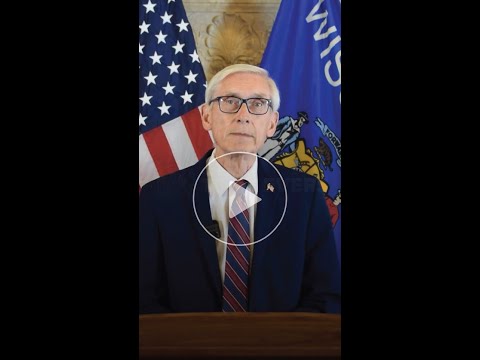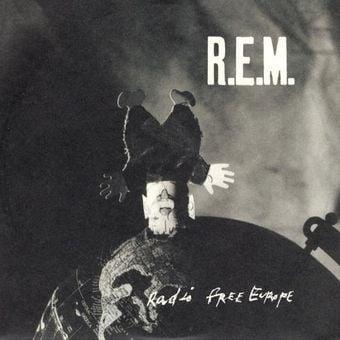The lives of unpaid carers are exhausting & their work deserves Huge respect. Watching a loved one decline like this is endless grief.
But….
The tone of this piece & others like it is another version of the myth of the ‘good woman’ (even tho some carers are men) - the idea that the ‘right’ way to think about dementia is that the person suffering is a paragon & the adoring carer will sacrifice their own health & well being for as long as it takes.
I wonder whose voices are silenced by this.
What about the people who are bound by circumstance caring for someone who for years has been their abuser? People entrapped in a relationship of coercive control learn they cannot trust their own feelings or judgment, that their worth lies only in serving their abuser & that they are not entitled to be safe. The idea of standing up to a partner who does not want to go into care is unthinkable. Facing their anger is too frightening.
The framing used in pieces like this is another rope binding such people into their learned certainty that ‘if I wasn’t such a failure as a person I could do this’. Looking from this place, for some the only escape that feels possible is their own death.
For all the respect I offer to carers like those in this article, it is the experience of people whose voices are made inadmissible by the framing used here, that breaks my heart 💔
#AgedCare #Dementia #CoerciveControl
‘I could never, ever not care for her’: how do carers know when to stop caring for those they love? https://www.theguardian.com/society/2025/may/03/i-could-never-ever-not-care-for-her-how-do-carers-know-when-to-stop-caring-for-those-they-love?CMP=Share_iOSApp_Other
‘I could never, ever not care for her’: how do carers know when to stop caring for those they love?
About half of people looking after someone with dementia are doing it alone. Many of them are ageing and starting to need care themselves. It is an act of love and duty – but it can be precarious







